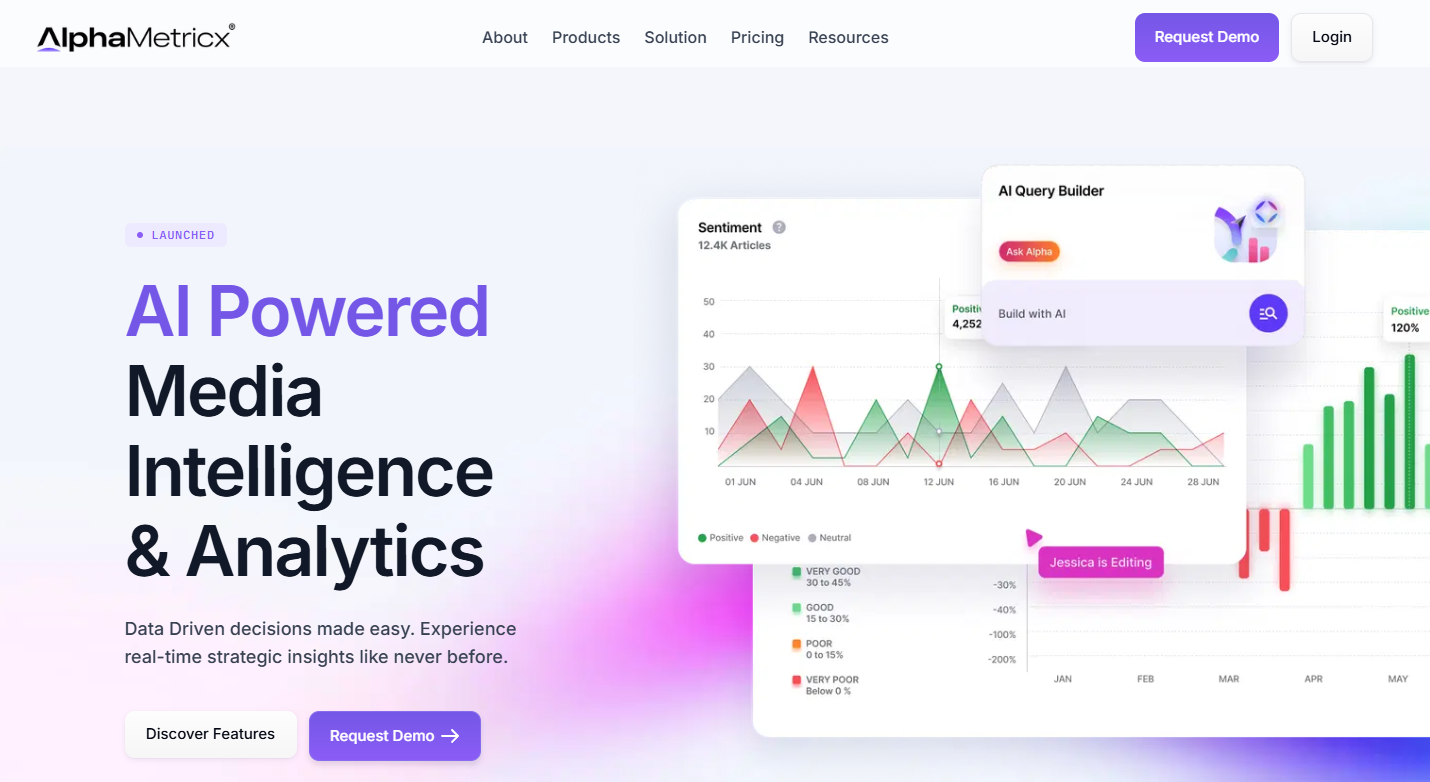Last week’s Google I/O 2023 keynote speech managed to set off fresh AI alarm bells in the publishing community that I’m not convinced were justified.
We’ve seen various warnings about the dangers and opportunities of AI in the months since ChatGPT launched. Some publishers are investing in dedicated AI teams while others mutter darkly about taking legal action against AI developers over plagiarism.
However, VP Engineering at Google Cathy Edwards’ update on how Bard would shape search results in the near future clearly hit a fresh nerve, with one Forbes contributor likening it to a nuclear bomb being dropped on digital publishers.
I watched Edwards’ showcase myself and, hopefully without sounding blasé, I’m much less concerned. I’d recommend taking the time to watch the segment for yourself before continuing. Go on, it’s not that long and I’ll wait, I promise.
Bard’s ability to answer broad queries by “reading” live articles has stoked fears that Google’s users will no longer have a reason to click through to the original articles. The comparison that’s made is Wikipedia and its sources — plenty of people use Wikipedia, only a fraction click on the sources.
I don’t buy that comparison for a few reasons. Let me use Edwards’ presentation to illustrate my point.

Questions, But No Answers?
Looking at the question and the subsequent answer a couple of things popped out to me from the get go.
There’s one question with two influencing factors. Which park is better for a family with a) children under three and b) a dog. Bard not only fails to answer the question but also one of the influencing factors.
The search query is looking for a recommendation, but the AI gives none. Instead, it tries to address the influencing factors. However, with no information available on activities for kids under three, Bard fudges its answer by reviewing generic children’s activities. The AI is able to provide some basic information about dog accessibility.
How much did this snapshot answer the original search query? Very little, I’d argue. It has begun the process of establishing filters. For example, if the family absolutely loves their dog and is looking for a walk, then Bryce Canyon it is. But if they love their dog and want to camp, then they’ll go for Arches.
The Bard snapshot is far from a definitive answer and serves as a starting point for the research journey. This means that as searchers use Bard they’ll be able to more quickly home in on the articles that actually have the content they want to read, rather than skim over.
Bard synthesizes its answers based on the information contained in the articles it reads, but it doesn’t have the capacity to extrapolate from there. And when AI does have the ability, how many readers will inherently trust a machine’s recommendations on holiday or food destinations? After all, it takes a body to understand the world.
Content from our partners
We could discuss audience value and metrics such as scroll depth at length, but I’m not sure there’s a need. These AI-generated snapshots aren’t enough to replace a high-quality, personal review of natural parks and this extends to other aspects of the publishing world. Personal experiences will trump fact machines. After all, how many families huddle around Wikipedia in an evening instead of the latest reality TV series?
So, what does this all mean for publishers? Evolve or die, I’d argue. Meet audience needs by creating high-quality content that AI simply doesn’t have the frame of reference to produce.










